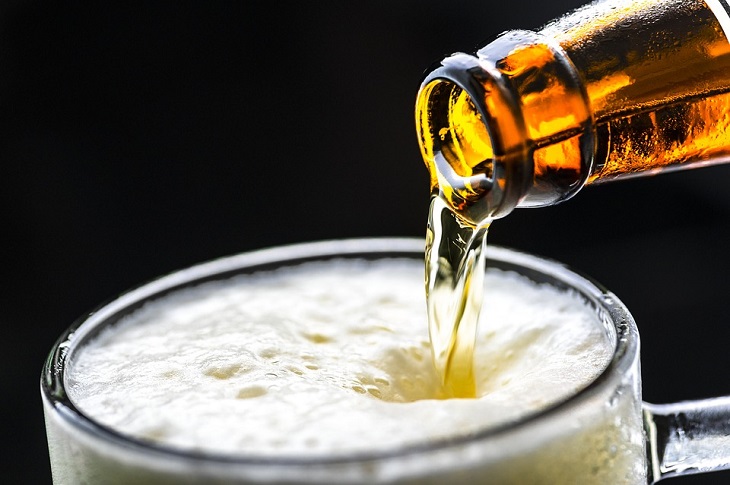KEY POINTS
Bars & Establishments that heavily rely on alcohol sales will have to cut 60,000 jobs with an earning capacity of a 1.8 billion per month. Covid-19 has hit hard on businesses, not just in Kenya but around the world. Businesses have been shutting down and people have been losing jobs en masse. In Kenya, stats from the Kenya National Bureau of Statistics show that at least 2 million Kenyans lost their jobs.
In the recently released survey done by the Kenya Bankers Association (KBA), at least 1.7 million Kenyans lost their jobs in the first three months of Covid-19 in Kenya. The World Bank, in its report, said that close to 2 million Kenyans went into abject poverty.
As the Covid-19 pandemic continues to sweep across the world, governments around the world are working out strategies to cushion businesses from collapsing and from firing their employees. This includes setting a friendly business environment.
But in Kenya, something seems to be a miss. Instead of having an enabling environment for businesses to grow, government agencies seem to be working hard to ensure that businesses either shut or never kick off with various unrealistic regulations.
For the first time in many years, the price of bread went up by 5 shillings. Manufacturers cited the increase in the price of wheat as the reason. Kenyans, already hit by hard economic times, kept away from expensive bread. Companies have been forced to shoulder the additional cost to reduce the price at 50 shillings.
And now there is a new regulation under the section 2 & 3 of the alcoholic drinks & control (Amendment) Bill
2020 requiring companies dealing with alcohol to ensure that the minimum amount of alcohol is 750 milliliters which are set to hit hard on the sector.
The East African Breweries Limited (EABL), for instance, estimates it will take a 14 billion shilling hit should the proposed change to raise the minimum volume of alcohol in a bottle to 750 milliliters is to be adopted. This will also mean they have to restructure their operations.
The Alcoholic Drinks & Control (Amendment) Bill, 2020 fronted by Wundanyi MP Danson Mwakuwona seeks to amend the 2010 law by limiting the packaging of alcoholic products in containers of a minimum of 750 milliliters, a move that has drawn mixed reactions from stakeholders.
Other dealers and distributors of alcohol have come out, guns blazing and in protest saying the major […]
